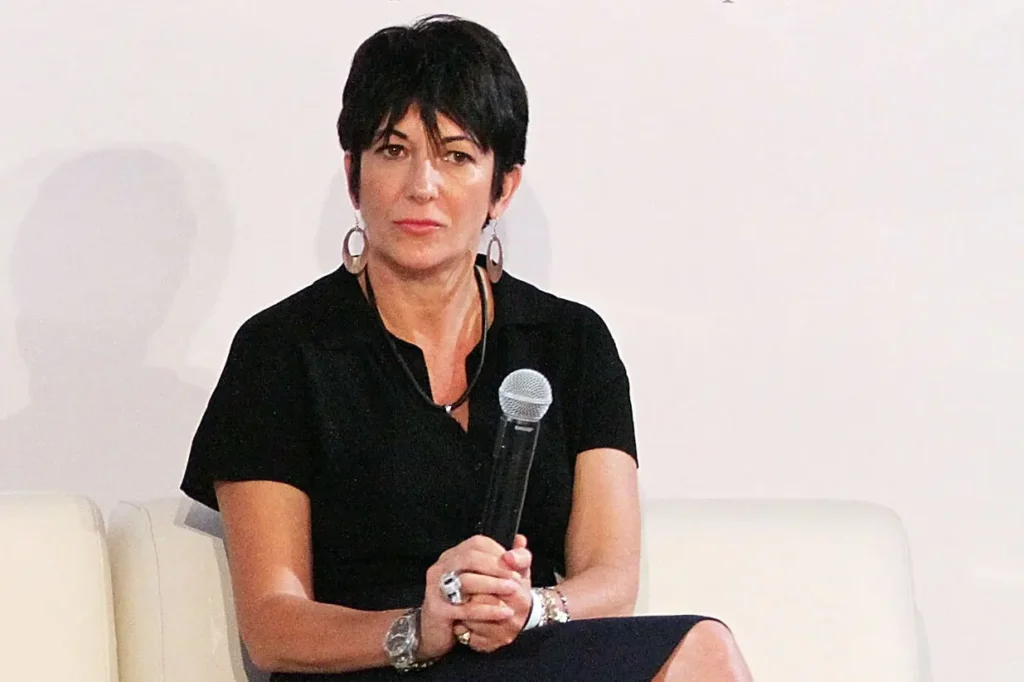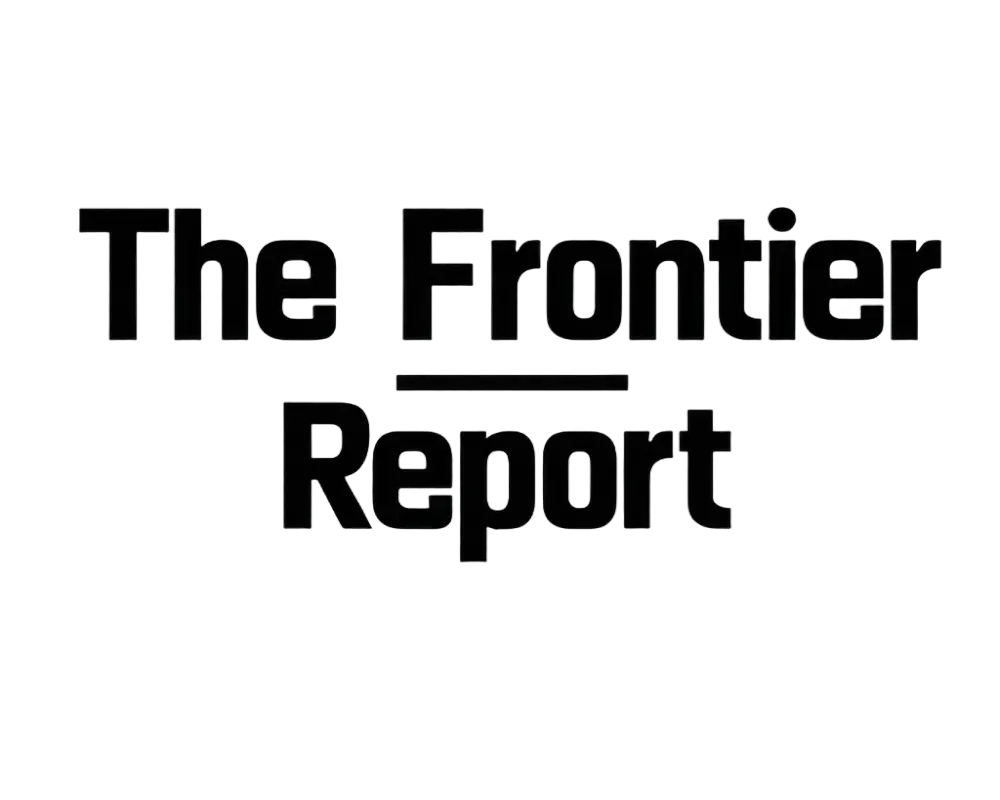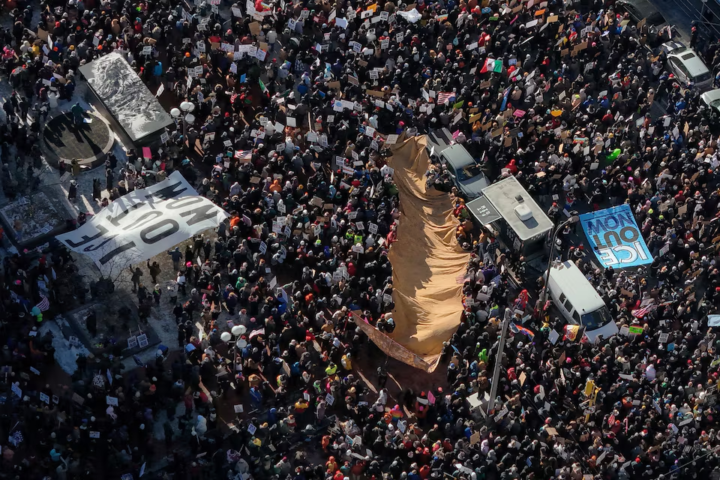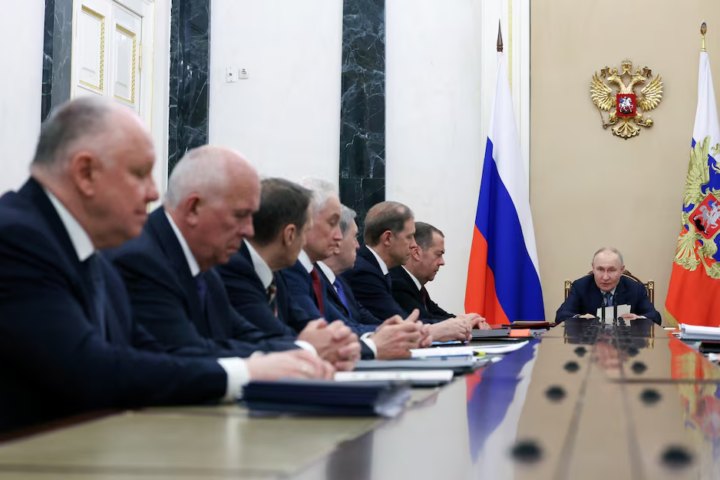On August 5, 2025, Ghislaine Maxwell filed a motion to stop the Justice Department from unsealing grand jury testimony tied to Jeffrey Epstein. Her lawyers say releasing the records now is a serious threat to her appeal—and to her legal rights. They called it “a broad intrusion” into a process that’s supposed to stay sealed.
The push to unseal comes after President Trump told Attorney General Pam Bondi to make the records public. His base has been demanding answers. Maxwell wants the courts to shut it down.

Trump Cranks Up the Pressure
In a recent interview, Trump praised OPEC+ for boosting oil production and said falling energy prices were putting financial pressure on Russia. But on another front, he’s going after Epstein-related secrecy. He said it’s time for the public to see what’s inside those grand jury files—starting with Maxwell’s case.
His administration argues most of the testimony already came out in court when Maxwell was convicted in 2021. They claim the rest won’t hurt anything. Trump called it “transparency the people deserve.”
But Maxwell’s lawyers say the government’s trying to score political points. They warned that releasing sealed material—some of which she hasn’t even seen—could ruin her appeal and damage her in court and in public.
Maxwell’s Side of the Fight
She’s now serving a 20-year sentence in a low-security prison in Texas, after spending time in a high-security lockup in Florida. Her appeal is still active. Her team says dropping grand jury records now would interfere with that process—and break the rules around secrecy and fairness.
Her lawyers say the testimony is full of untested claims and secondhand stories—stuff no one has vetted. They argue that putting it out in public could mislead people and wreck what’s left of her legal defense.
In their filing, they pointed out that even Maxwell hasn’t seen the full transcripts. If it comes out now, she won’t get a fair shot at responding.
Why This Matters Politically
This isn’t just about legal rules—it’s about politics. Trump is facing pressure from his base and some Republicans in Congress who think the Epstein case is still full of secrets. They want it all out in the open.
Critics say Trump’s push is more about pleasing his voters than serving justice. They note he didn’t push to release any of this during his first term. Now, in his second, he’s trying to show he’s cracking down on “elites” and secret deals.
Trump has also backed a new Senate bill that would force the release of Epstein-related grand jury materials and hit countries tied to Russian oil exports with huge tariffs. The message is clear: play hardball.
Where the Law Stands
Usually, grand jury testimony stays sealed—unless a defendant dies or the info is needed in a new case. Neither applies here. So the courts have a choice: stick with legal tradition or bend to political pressure.
Experts say full disclosure is unlikely. Judges don’t like messing with grand jury secrecy, even in big cases. But partial release? Maybe.
Maxwell’s team is pushing hard to avoid that. They say it’s not just about her—it’s about keeping the system fair. If these records can come out now, they argue, it’ll open the door to future abuse.
“This isn’t about hiding anything,” one defense source said. “It’s about protecting the rules everyone depends on.”
The Bigger Picture
The Epstein case still fuels public anger. He died in 2019 while awaiting trial, and many think key names and facts have been buried. People on both sides of the aisle want more answers.
Maxwell’s conviction in 2021 put some of that anger to rest. But not all. Now, five years later, the fight over sealed records is bringing it back.
And Trump’s not letting it go. At a rally last week, he said, “We’re going to open the books. We’re not protecting anyone.”
But some worry that making these records public—without context—could do more harm than good. If they contain false or unproven claims, they could destroy lives or fuel more conspiracy theories.
What’s Next
The court has until August 8 to respond. It might unseal some of the testimony. Or it could block the whole thing. No one knows yet.
If it sides with Maxwell, grand jury secrecy holds. If it doesn’t, the records could start coming out—bit by bit.
One thing is clear: this is no longer just a legal case. It’s a political flashpoint. And as pressure builds, the court is caught in the middle.
Will it stick to the rules—or give in to the heat? We’re about to find out.








